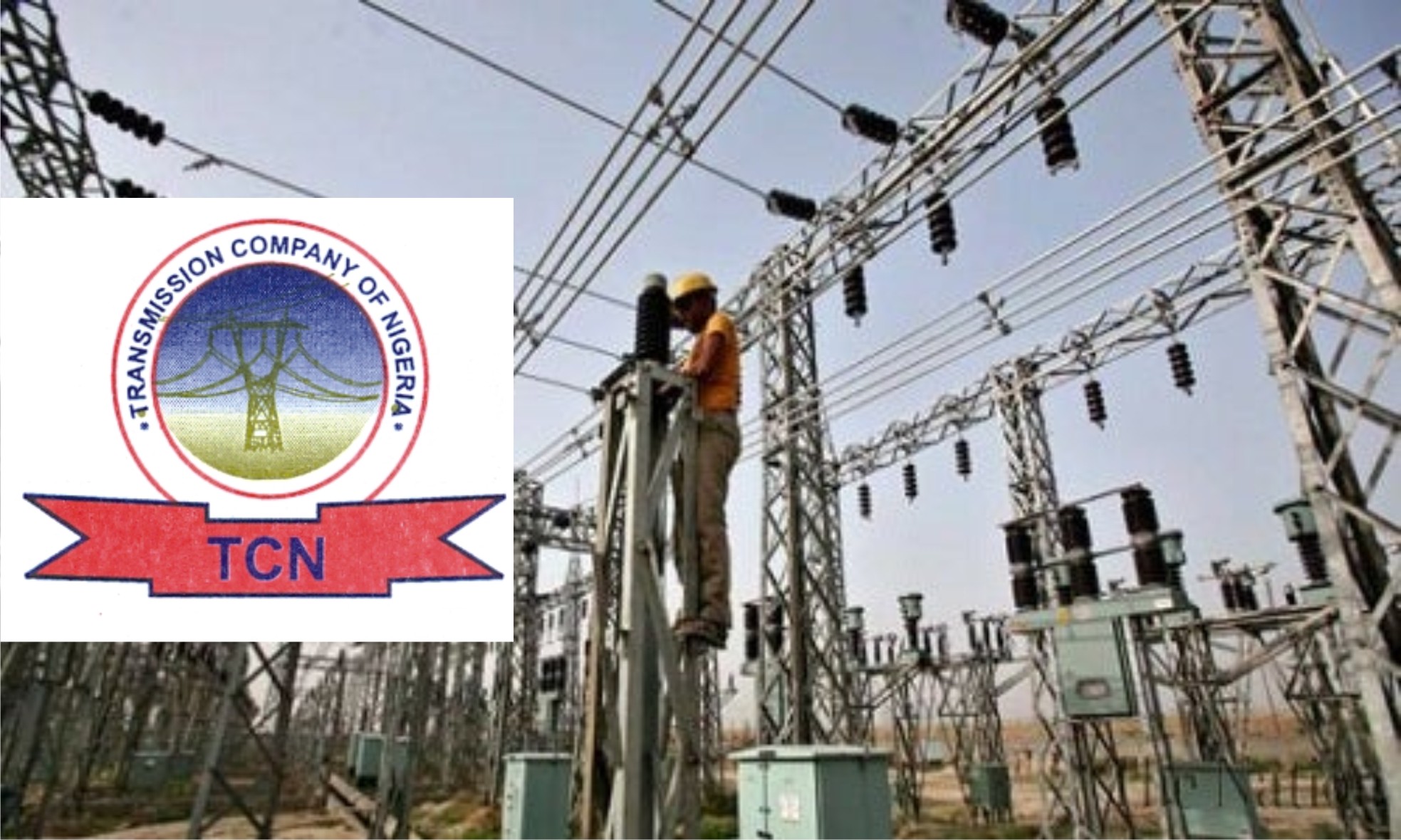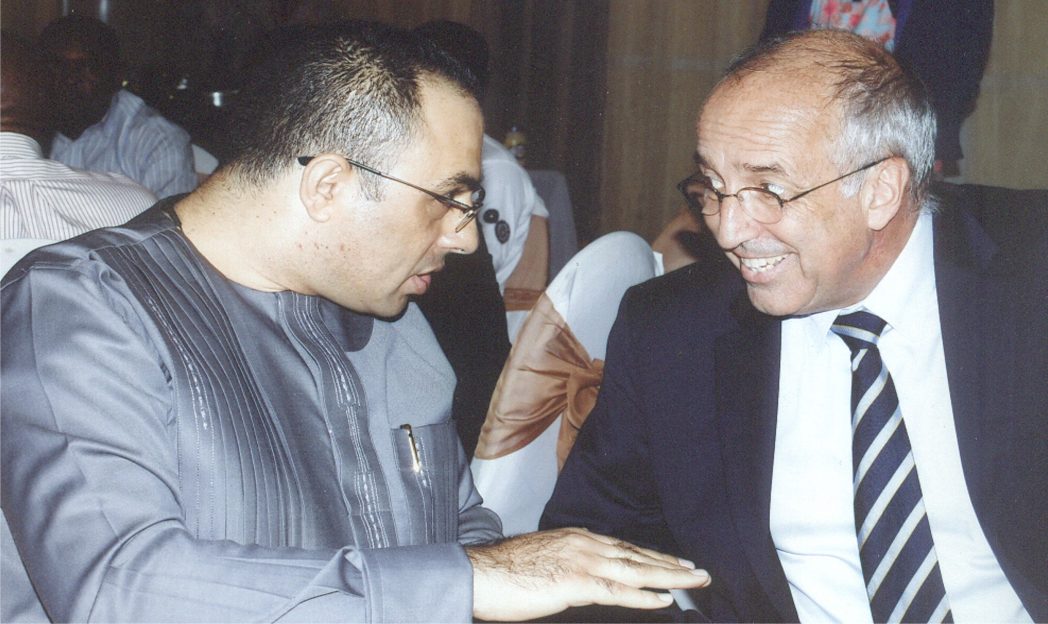Business
NNPC Decries Spending N152bn On TAM
The Nigerian National Petroleum Corporation (NNPC) said yesterday that there was deliberate distortion of facts and figures about its operations by some politicians.
In a statement issued in Abuja by its Group General Manager, Group Public Affairs Department, Mr Ohi Alegbe, the corporation was a public entity responsible to the government and people of Nigeria.
He said NNPC was focused on its mandate and would not be distracted by the spate of politically inspired polemics against its operations and refuted a report credited to some civil society organisations, alleging that the NNPC had committed N152billion to execute the Turn Around Maintenance (TAM) of four refineries between 2011 to 2013.
Alegbe said that a decision was taken in 2011 to rehabilitate all refineries, using the Original Refinery Builder (ORB) of each of the refineries.
He said the NNPC, however, made recourse to a new strategy after the ORBs declined participation and nominated some partners in their stead who came up with outrageously unfavourable terms.
“The nominated partners, as sole bidders, came up with humongous price offers after two years of thorough and exhaustive scope of work definition and price negotiations. “The proxies were also unwilling to provide post rehabilitation performance guarantees,’’ he said.
He said the new arrangement, which kicked off in October 2014, entailed phased and simultaneous rehabilitation of all refineries, using in-house and locally available resources.
Alegbe said that the strategy also embraced the direct use of Original Equipment Manufacturer representatives to effect major equipment overhaul and rehabilitation.
He said it was projected that the new strategy would reduce the cost of the operation by 70 per cent.
This money, he said, would help in mitigating the financing challenges of NNPC visa-a-vis refinery rehabilitation.
“The phased rehabilitation programme started in October 2014 after the required funding stream was established and will last for 18 months,’’ he said.
He said that over 60 per cent of materials needed for the TAM at Port Harcourt refinery had been delivered, adding that their installation was in progress.
Alegbe said that material orders and deliveries to Kaduna and Warri refineries remained substantial and called on the public to discountenance sensational comments about NNPC.
Business
CBN Unveils NTNIA, NRNOA Accounts For Diaspora Nigerians’ Investment

Business
Diesel Price Hike: Manufacturers Opt For Gas

Business
TCN Debunks Grid Collapse, Says Lines Tripped

-
Niger Delta7 hours ago
Military Hospital Honours 10 Workers In Benin
-
News4 hours ago
Rivers Community Demands Chieftaincy Recognition
-
News5 days ago
Old Students’ Association Marks Anniversary
-

 Business6 hours ago
Business6 hours agoCBN Unveils NTNIA, NRNOA Accounts For Diaspora Nigerians’ Investment
-
Nation4 hours ago
Osun Park Management Chairman Shot By Police, Union Alleges
-

 Editorial7 hours ago
Editorial7 hours agoOpobo And The Proposed Higher Institution
-
Sports4 hours ago
NPFL Fines Nasarawa United N3m, Deduct Three Points
-
Niger Delta7 hours ago
Diri Leads Deligation’s Visit To Late Commissioner’s Family, Accident Victims


